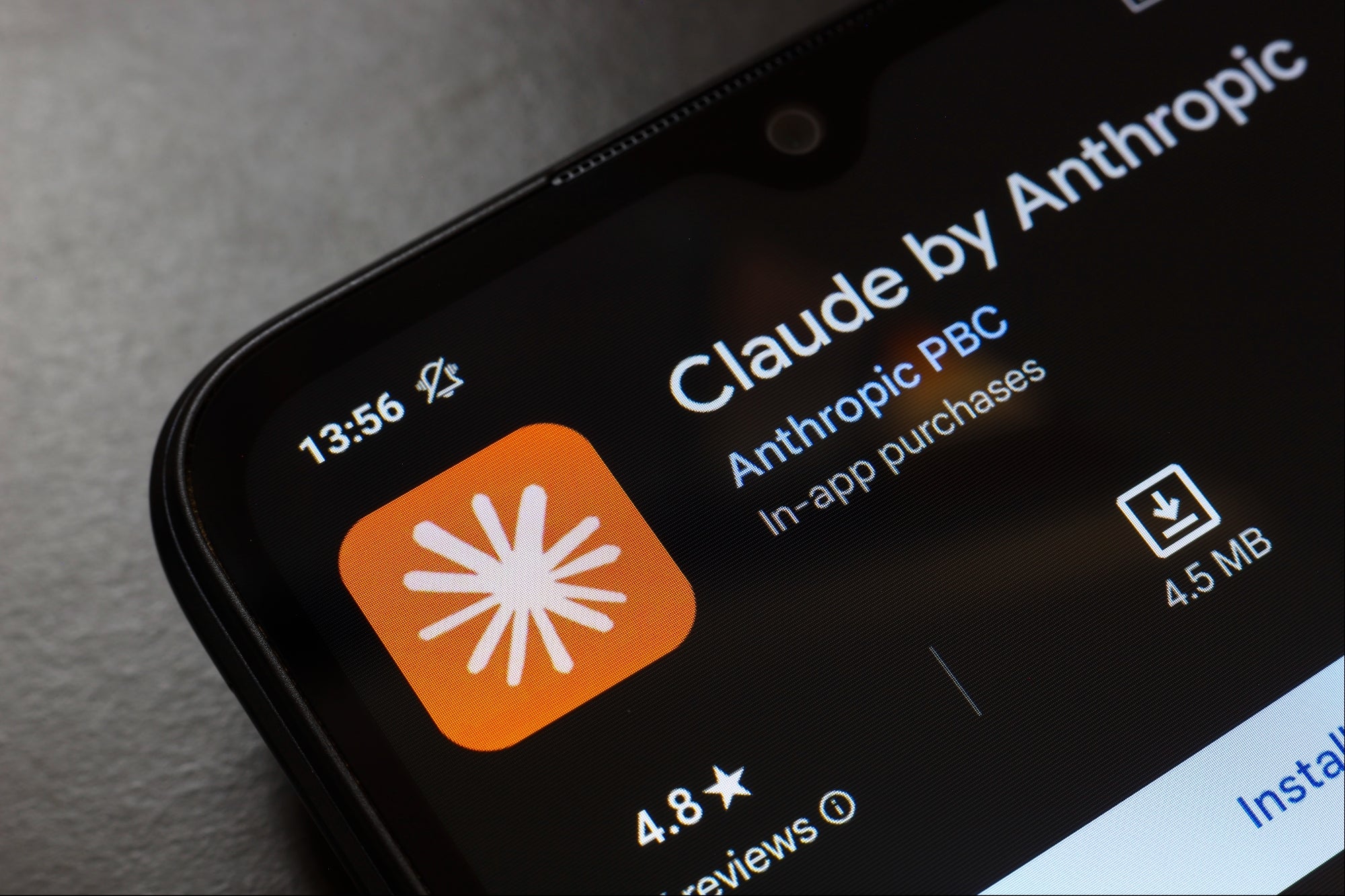Amazon is making a push into AI devices with a new acquisition.
Amazon confirmed to TechCrunch on Tuesday that it is planning to acquire San Francisco-based Bee, an AI wearable startup, but noted that the deal has not yet closed. Bee employees have received offers to join Amazon, an Amazon spokesperson told TechCrunch. The startup has between two to 10 employees listed on LinkedIn.
Bee’s core product is an AI bracelet that acts as a second memory, recording all of the conversations it hears to create summaries, reminders, and to-do lists for users. The $50 device, which resembles a Fitbit smartwatch, requires an additional $19 monthly subscription. Bee raised $7 million last year to develop the gadget, which can understand 40 languages and has a 7-day battery life. It is currently backordered due to high demand.
Related: Samsung Is Looking into Making AI Necklaces, Earrings, and Other Wearables: ‘All Kinds of Possibilities’
Bee CEO Maria de Lourdes Zollo wrote in a LinkedIn post on Tuesday that she “couldn’t be more excited” about the acquisition.
“What began as a dream with an incredible team and community now finds a new home at Amazon,” Zollo wrote.
The acquisition is a sign of Amazon’s intent to create AI wearables, a different path from the company’s Alexa-enabled Echo speakers and home assistant products. Amazon has tried to enter the wearable device market before, with limited success. In 2020, Amazon began selling a health-tracking bracelet called Halo, which tracked activity, sleep, and body fat. By 2023, Amazon shut down the Halo device as part of a broader cost-cutting measure.
Other companies are also looking into AI wearables, including ChatGPT-maker OpenAI, which acquired the startup io for $6.5 billion in May to further its work on consumer devices embedded with AI.
Samsung is also considering developing AI devices that users can wear, like AI necklaces and earrings, the company indicated earlier this month. Meanwhile, Apple and Google are working on smart glasses to compete with Meta, which released a new version of its bestselling smart glasses in collaboration with Oakley last month.
Related: Amazon Is Ending an Important Privacy Feature for Alexa Echo Devices By the End of the Month
Bee’s wearable poses security, privacy, and legal concerns, given that it records everything around it. Eleven U.S. states, including Massachusetts, Florida, and California, require the consent of everyone involved in a conversation before the interaction can be recorded.
Bee’s current privacy policies state that the company does not save, store, or use audio recordings for AI training, but it does store what the AI learns about the user. The startup has stated that it only plans to record the voices of people who have consented verbally to the recording, per TechCrunch. Bee is also working on a feature to automatically stop recording audio based on boundaries like topic and location that the user defines, per the outlet.
Amazon has previously come under scrutiny for the way it handles user data. In 2022, Amazon provided videos from Ring personal security cameras to law enforcement without a warrant or user consent. In 2023, the Federal Trade Commission ordered Ring to pay $5.8 million in a settlement over claims that Ring employees could view footage from customer cameras for years.
Join top CEOs, founders and operators at the Level Up conference to unlock strategies for scaling your business, boosting revenue and building sustainable success.
Amazon is making a push into AI devices with a new acquisition.
Amazon confirmed to TechCrunch on Tuesday that it is planning to acquire San Francisco-based Bee, an AI wearable startup, but noted that the deal has not yet closed. Bee employees have received offers to join Amazon, an Amazon spokesperson told TechCrunch. The startup has between two to 10 employees listed on LinkedIn.
Bee’s core product is an AI bracelet that acts as a second memory, recording all of the conversations it hears to create summaries, reminders, and to-do lists for users. The $50 device, which resembles a Fitbit smartwatch, requires an additional $19 monthly subscription. Bee raised $7 million last year to develop the gadget, which can understand 40 languages and has a 7-day battery life. It is currently backordered due to high demand.
The rest of this article is locked.
Join Entrepreneur+ today for access.








